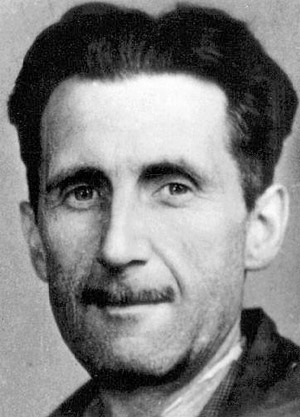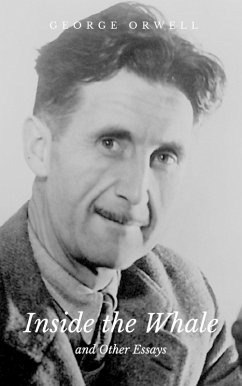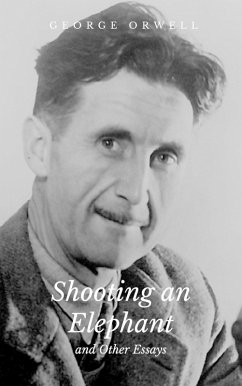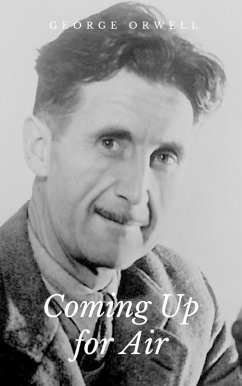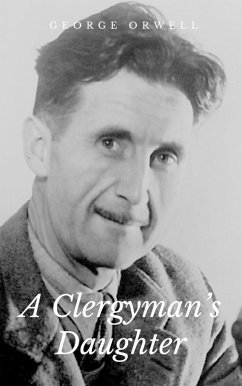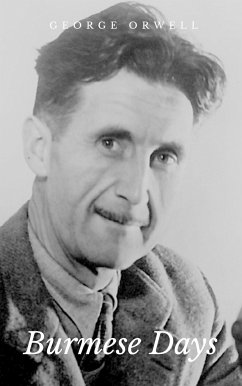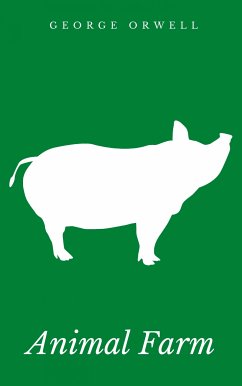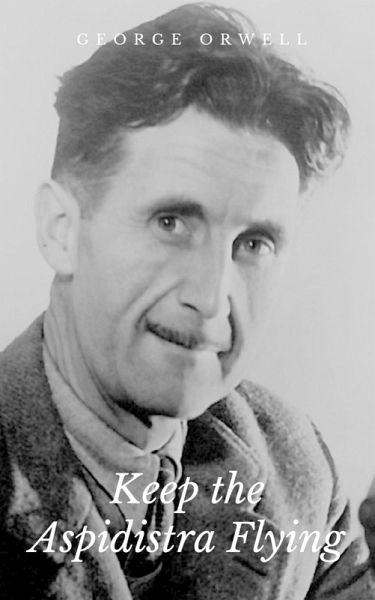
Keep the Aspidistra Flying (eBook, ePUB)

PAYBACK Punkte
0 °P sammeln!
"Keep the Aspidistra Flying", first published in 1936, is a socially critical novel by George Orwell. It is set in 1930s London. The main theme is Gordon Comstock's romantic ambition to defy worship of the money-god and status, and the dismal life that results. Orwell wrote the book in 1934 and 1935, when he was living at various locations near Hampstead in London, and drew on his experiences in these and the preceding few years. At the beginning of 1928 he lived in lodgings in Portobello Road from where he started his tramping expeditions, sleeping rough and roaming the poorer parts of London...
"Keep the Aspidistra Flying", first published in 1936, is a socially critical novel by George Orwell. It is set in 1930s London. The main theme is Gordon Comstock's romantic ambition to defy worship of the money-god and status, and the dismal life that results. Orwell wrote the book in 1934 and 1935, when he was living at various locations near Hampstead in London, and drew on his experiences in these and the preceding few years. At the beginning of 1928 he lived in lodgings in Portobello Road from where he started his tramping expeditions, sleeping rough and roaming the poorer parts of London. At this time he wrote a fragment of a play in which the protagonist Stone needs money for a life-saving operation for his child. Stone would prefer to prostitute his wife rather than prostitute his artistic integrity by writing advertising copy.
Dieser Download kann aus rechtlichen Gründen nur mit Rechnungsadresse in A, B, BG, CY, CZ, D, DK, EW, E, FIN, F, GR, H, IRL, I, LT, L, LR, M, NL, PL, P, R, S, SLO, SK ausgeliefert werden.




